Indonesia prioritizes skilled labors working in Brunei
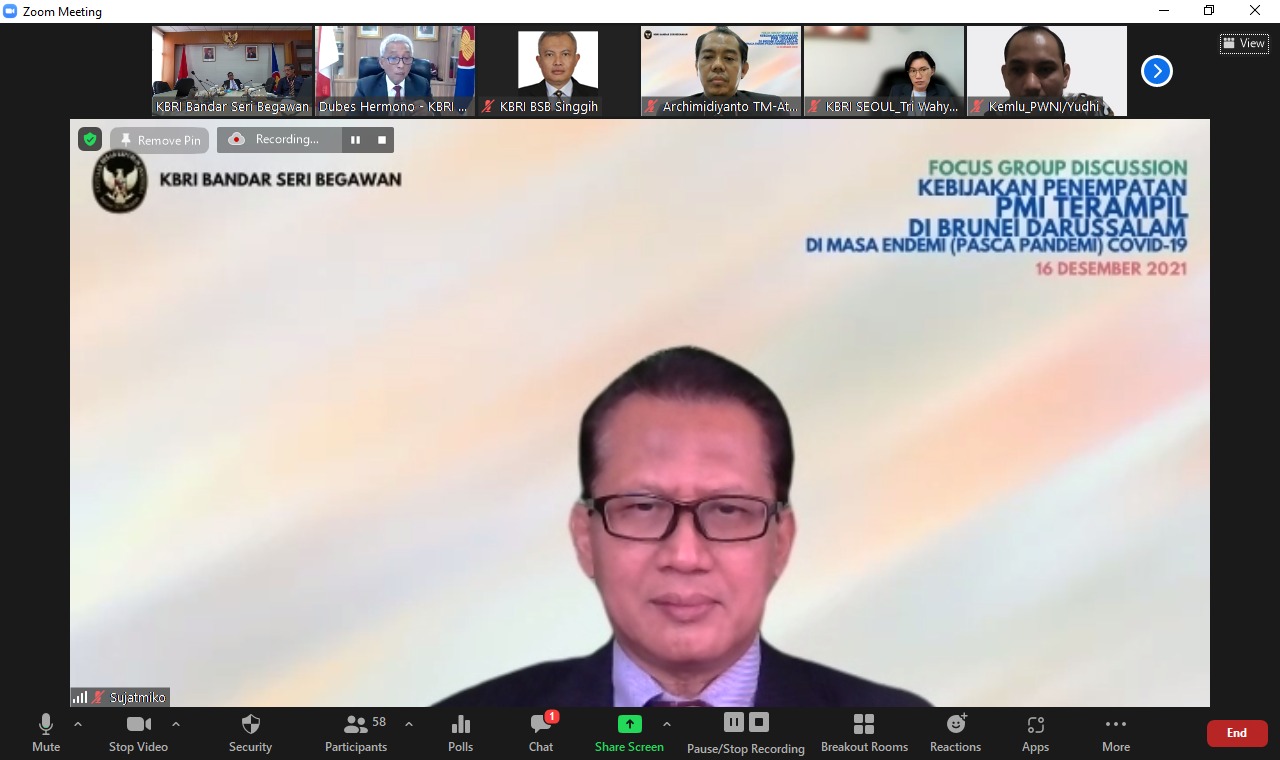
Indonesian Ambassador to Brunei Darussalam, Sujatmiko at a discussion on the Policy for the Placement of Skilled-Indonesian Migrant Workers in Brunei Darussalam during the Covid-19 Endemic (Post-pandemic) Period on Thursday (December 16, 2021). (The Indonesian Embassy in Bandar Seri Begawan)
Bagikan
Komentar
Berita Terkait

Indonesia calls on NAM to strengthen South-South Cooperation
Indonesia
•
27 Oct 2019
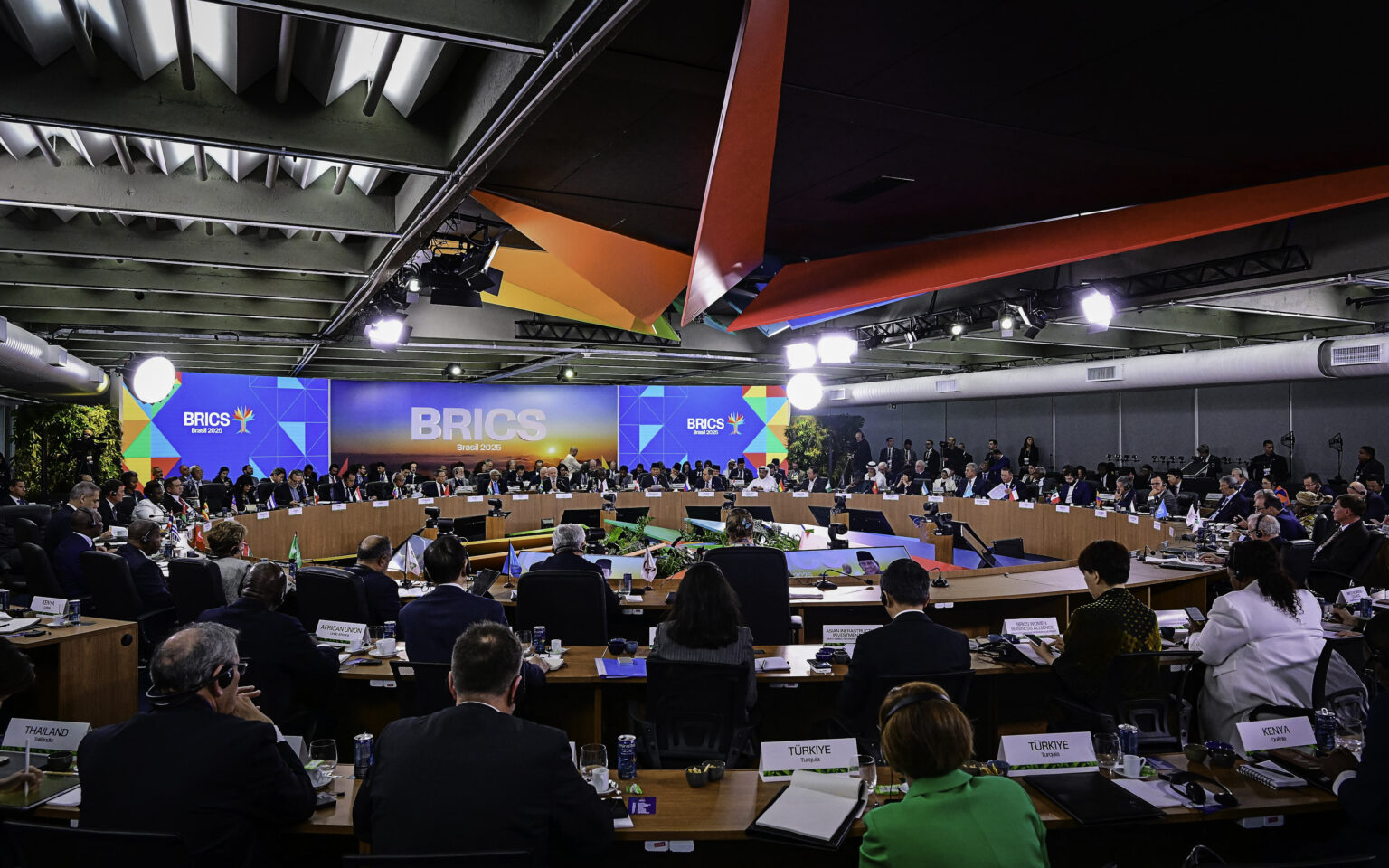
Indonesia promotes global trade, peace, reform in 2025 BRICS Leaders’ Declaration
Indonesia
•
08 Jul 2025

Tourism significantly contributes to waste mound in Indonesia’s Bali
Indonesia
•
09 Feb 2026
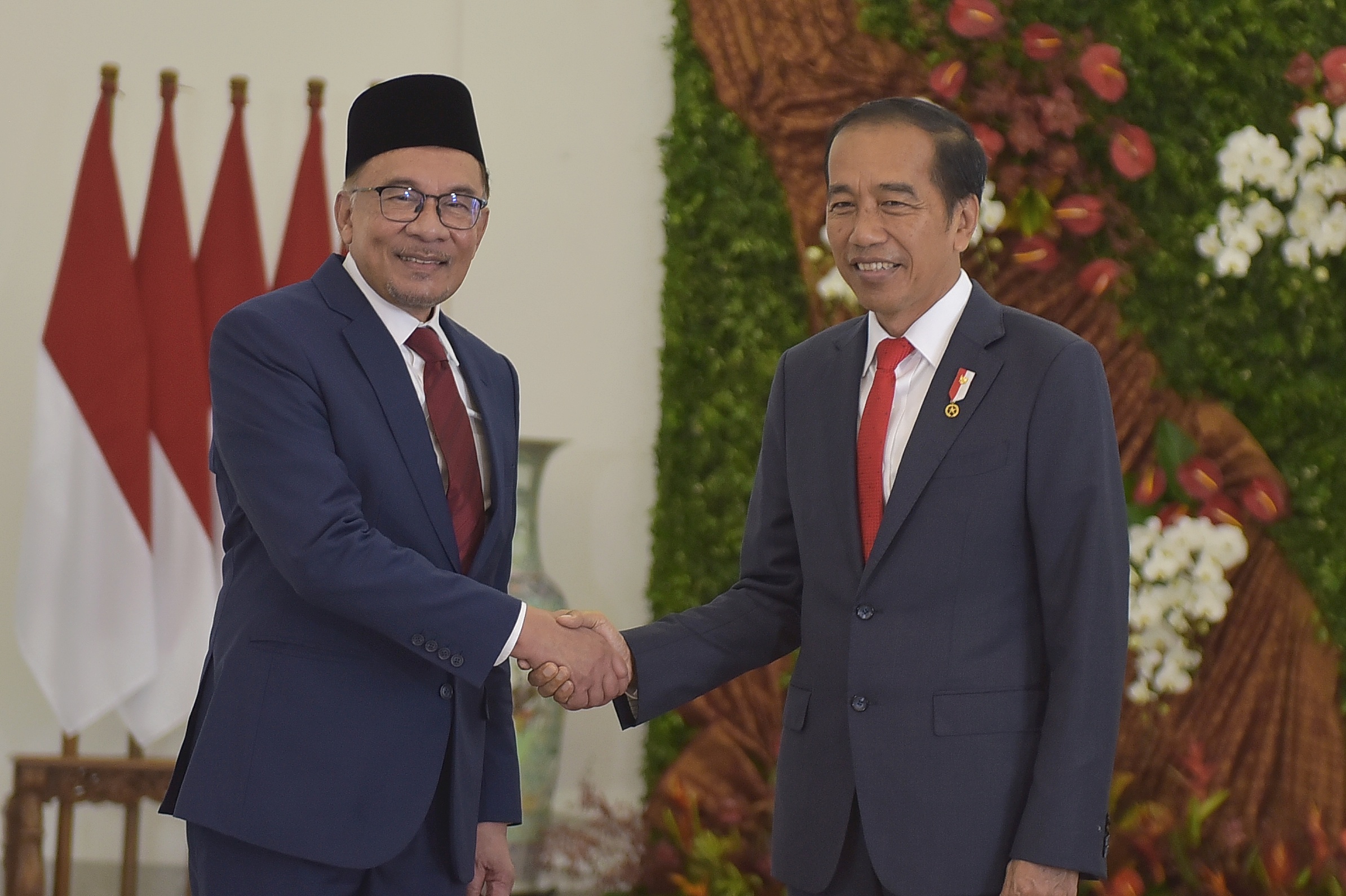
Widodo, Anwar agree on protection of Indonesian migrant workers
Indonesia
•
09 Jan 2023
Berita Terbaru
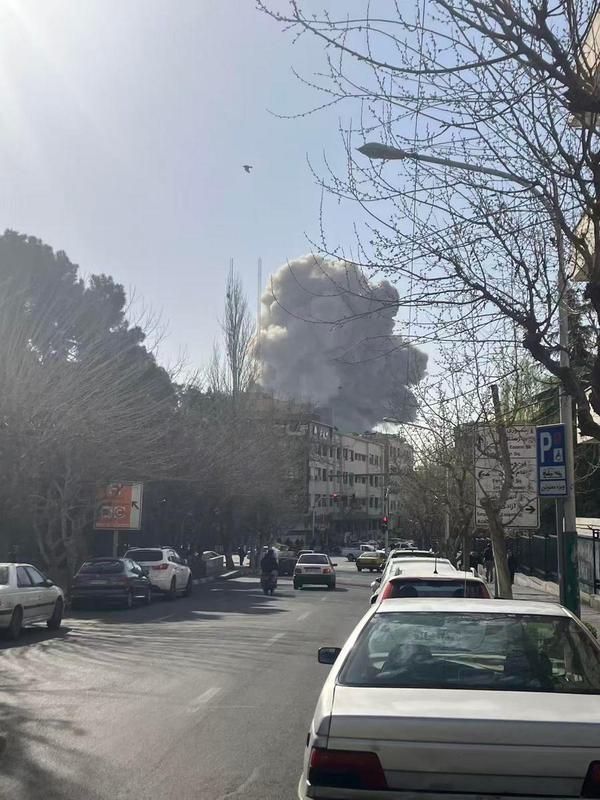
Interview – Prof. Hikmahanto: US, Israel war on Iran to overthrow government
Indonesia
•
02 Mar 2026
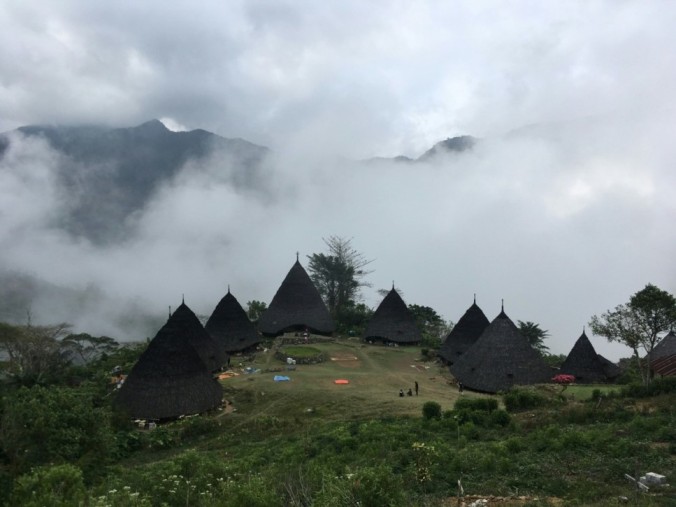
Halal products accepted by non-Muslims in Indonesia’s E Nusa Tenggara, proof of inclusive Islam
Indonesia
•
02 Mar 2026
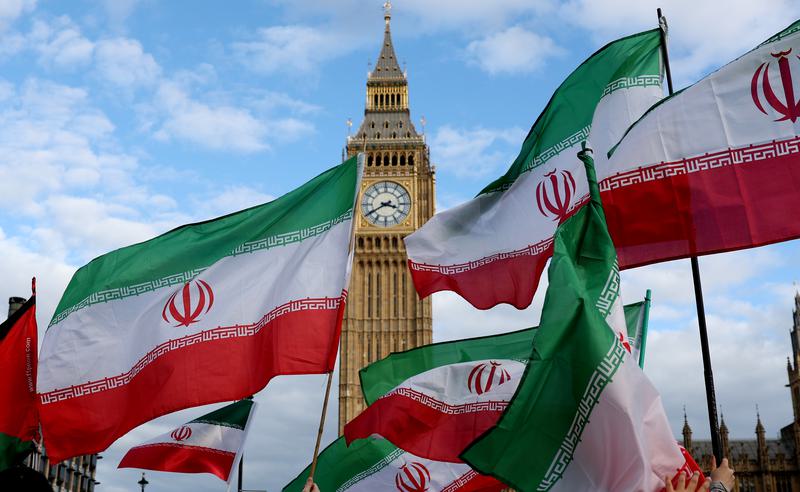
Iran expects Indonesia to mediate conflict after US, Israeli deadly attack
Indonesia
•
01 Mar 2026
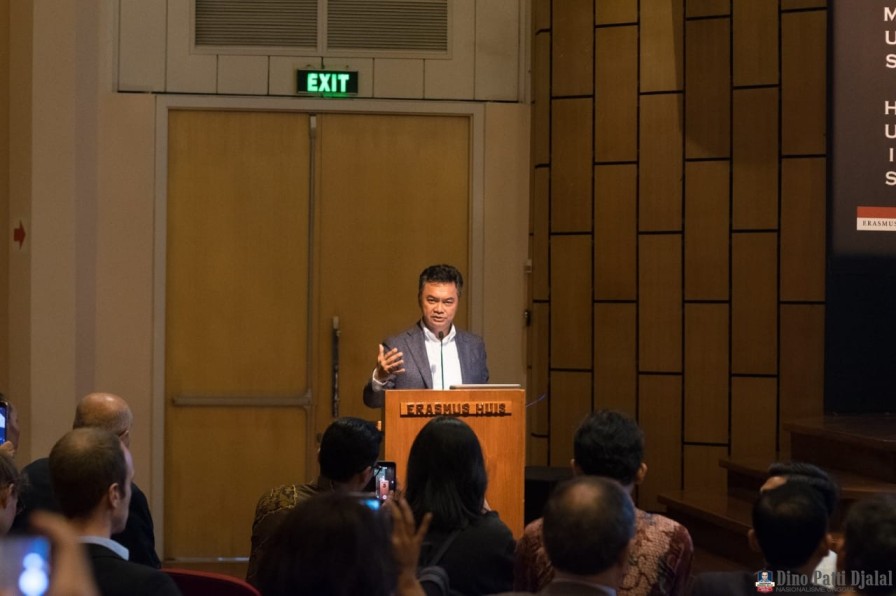
Opinion – Dino Patti Djalal: Iran won’t remain silent about US and Israeli attacks
Indonesia
•
01 Mar 2026
